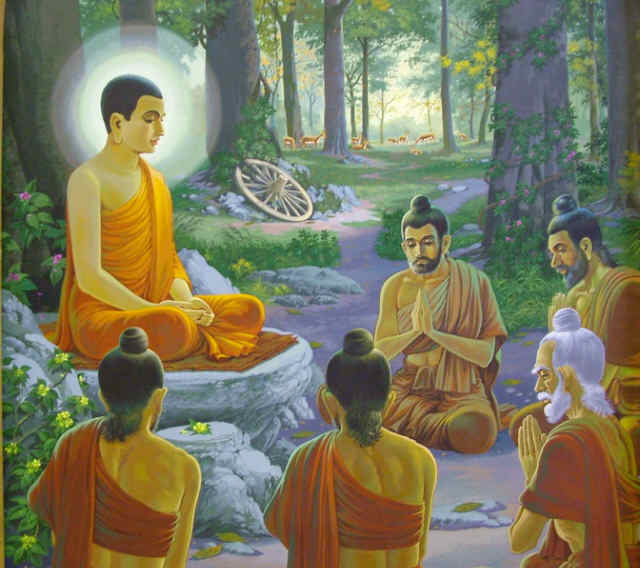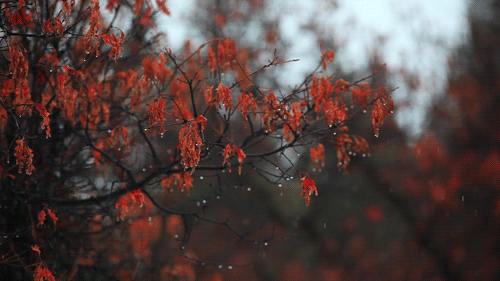-
Comment November 15, 2016
-
Once in a lifetime…
Comment November 15, 2016 -
Those who cause me suffering
Comment November 15, 2016Those who cause me suffering
Are like Buddhas bestowing their blessings.
Since they lead me to liberating paths,
Why should I get angry with them?“Don’t they obstruct your virtuous practice?”
No! There is no virtuous practice greater than patience;
Therefore, I will never get angry
With those who cause me suffering.If, because of my own shortcomings,
I do not practice patience with my enemy,
It is not he, but I, who prevents me from practicing patience,
The cause of accumulating merit.—Shantideva
-
It’s All Right Here
Comment November 15, 2016The Buddha is the Dhamma; the Dhamma is the Buddha. He didn’t take away the knowledge he awakened to. He left it right here. To put it in simple terms, it’s like the teachers in schools. They haven’t been teachers from birth. They had to study the course of study for teachers before they could be teachers, teaching in school and getting paid. After a while, they’ll die away — away from being teachers. But you can say that in a way the teachers don’t die. The qualities that make people into teachers remain right here. It’s the same with the Buddha. The noble truths that made him the Buddha still remain right here. They haven’t run off anywhere at all. ~Ajahn Chah
“In Simple Terms: 108 Dhamma Similes”, by Ajahn Chah
translated from the Thai by Thanissaro Bhikkhu.
Access to Insight (Legacy Edition), 2 November 2013
Link source -
Two kinds of freedom in the world
Comment November 14, 2016There are two kinds of freedom in the world: freedom of desires, and the freedom from desires. Freedom of desires is what the material world encourages. It encourages you to realise your desires, as far as this is possible. However most do not feel free in such an environment. Freedom from desires is what spirituality teaches. It celebrates contentment, peace that is free from desires. Paradoxically, people feel free in such an environment. ~The Tao of Wealth
-
If you develop love truly great
Comment November 14, 2016LOVE
If you develop love truly great,
rid of the desire to hold and possess.
That strong, clean love untarnished by lust,
that love which does not expect to be repayed,
that love which is firm but not grasping,
enduring but not tied down,
gentle and settled,
diamond-hard but unhurting,
helpful but not interfering,
cool and refreshing,
giving more than taking,
dignified but not proud,
soft but not weak,
that love which leads to Enlightenment,
then you will be washed of all ill-will.Gurulugomi (Buddhist Sage~12th Century AD)
-
Don’t spend your precious time asking
Comment November 14, 2016 -
Drawing the parallel to yourself
Comment November 14, 2016 -
Anger and intolerance
Comment November 14, 2016 -
There’s not a cloud today
Comment November 12, 2016


















